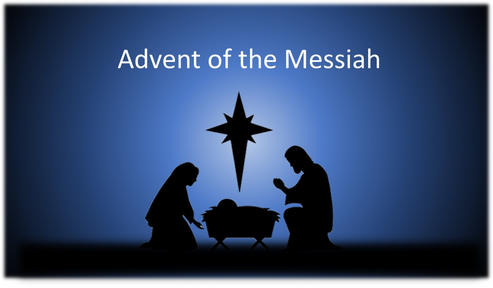HOPE: ADVENT OF THE MESSIAH

Hope
The Prophet’s Hope
In v.2, as in several of the succeeding verses, past tenses are used to speak of events that, though future, are certain because they are divinely planned and predicted through an authentic prophet of God. These prophetic perfects serve to present faith’s faculty of imagination with the assurance of things hoped for (cf. Heb 11:1).
How true to the character of God! Not even the darkest gloom can keep the light of His presence from shining, even upon those who live in the land of the shadow of death.
Apparently Isaiah assumed that the messianic Child, Jesus Christ, would establish His reign in one Advent, that when the Child grew up He would rule in triumph. Like the other prophets, Isaiah was not aware of the great time gap between Messiah’s two Advents
The hope for the future is found in a child.
government … upon … shoulder—The ensign of office used to be worn on the shoulder, in token of sustaining the government (Is 22:22). Here the government on Messiah’s shoulder is in marked antithesis to the “yoke and staff” of the oppressor on Israel’s “shoulder” (Is 9:4). He shall receive the kingdom of the earth from the Father, to vindicate it from the misrule of those to whom it was entrusted to hold it for and under the Most High, but who sought to hold it in defiance of His right; the Father asserts His right by the Son, the “Heir of all things,” who will hold it for Him (Da 7:13, 14).
It is not a kingdom of mere might, and triumph of force over enemies, but of righteousness (Is 42:21; Ps 45:6, 7), attainable only in and by Messiah.
